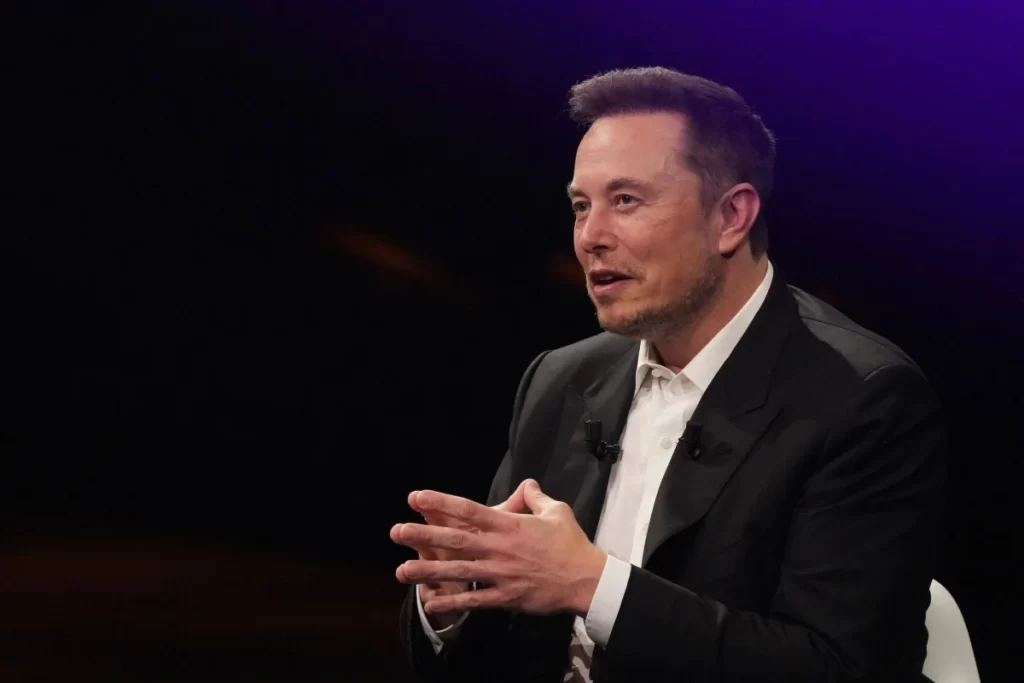Elon Musk, frontman of Tesla and SpaceX, revealed that his ambitious biomedical project, Neuralink, is about to launch its human trials before the end of this year. At VivaTech Paris he expressed his hope to link our brains with computers and restore vigor and mobility in those with paralysis. Unfortunately, he did not specify how many people were going to be part of these experiments according to Reuters’ report.
Neuralink’s been around since 2016, and has been trying to make people’s lives better by merging brains with AI. Elon Musk demonstrated the tech in monkeys – they could play video games. The real challenge is making it work for humans – but despite Mr.Musk’s aggressive timelines, actual trials on people have yet to eventuate.
Unfortunately, the company has faced setbacks and controversies. Employees have reported increased pressure and instances of failed surgeries on animals, such as implanting wrong-sized devices in pigs, resulting in their euthanasia. Moreover, the Department of Transportation has scrutinized Neuralink for alleged improper transportation of implant chips containing dangerous pathogens.
Earlier, the FDA was hesitant to approve Neuralink’s latest chip due to possible material issues, wiring dangers, and inadequate extraction operations. But then last month, they finally threw caution to the wind and granted the company authorization for human testing– despite ongoing inquiries into mistreated animals. This stamp of approval has skyrocketed their worth; it’s thought their stocks have been privately bought for around $5 billion.
While Neuralink’s recent progress is promising, there is still a long road ahead. The company must provide more detailed information to regulatory authorities and demonstrate significant advantages of its implant technology. This process could potentially take a minimum of ten years before commercial availability.

Furthermore, Neuralink faces competition from former team members who have launched rival products. One such product is Synchron, which received FDA approval two years ago and does not require surgical implantation. This competition presents a significant challenge for Musk’s company to catch up and establish its position in the emerging field.
In conclusion, the news of Neuralink’s upcoming human trials is generating excitement among Musk’s followers. However, challenges and controversies have plagued the venture, highlighting the complexity of merging biotechnology with the human brain. With regulatory hurdles, competition, and the need for further advancements, Neuralink still has a lengthy journey ahead before its vision becomes a reality.


